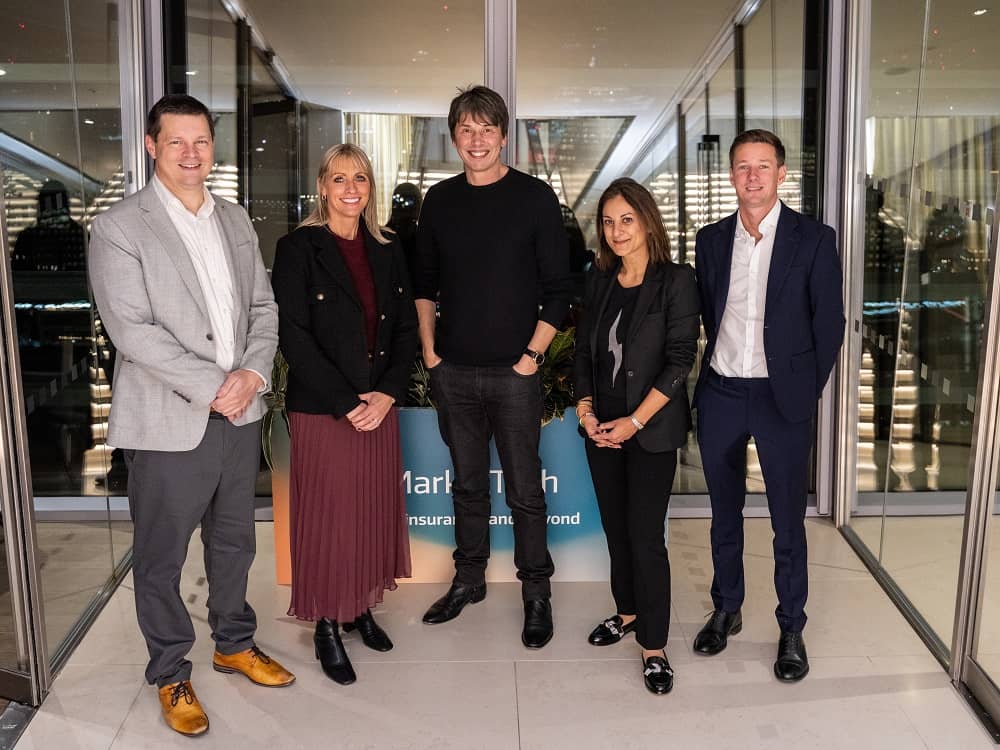The UK is a mature technology landscape and offers an attractive location for start-ups, says technology journalist Sasha Qadri. But more needs to be done to encourage firms to scale up.
We have now hit “peak-tech” and reached a point where it dominates every aspect of business, believes presenter and journalist Sasha Qadri.
“Technology comes up in every business conversation,” she says. “It’s never been so crucial to the way businesses are run as it is today. That could be removing legacy technology, leveraging artificial intelligence to improve efficiency, harnessing data to engage with customers more effectively or starting digital-first businesses.”
The UK as a leading force
The UK is the third most valuable tech market in the world, behind the US and China, and the largest in Europe, she says. “There are over 200,000 businesses in the UK tech sector, employing almost three million people,” she adds. “The majority of these are small and medium-sized enterprises.”
There has been significant growth in recent years beyond London and the south-east, including in Birmingham, Liverpool and Sheffield. Glasgow and Belfast are also up-and-coming tech hubs, while Scotland is positioning itself to take advantage of green tech.
Much of this growth has been due to venture capital (VC) investment. “Last year, UK start-ups raised over $21 billion in VC investment, and outstripped every other country except the US and China,” says Qadri. “We have a proven track record of creativity and successfully bringing ideas to market.”
The UK is the third most valuable tech market in the world, behind the US and China.
But there are also challenges. “We have anaemic growth, so one challenge is how the private sector can drive profitable growth,” she says. “Another is recruiting for the right skill-sets. More than half of UK tech start-up CEOs say recruitment is a challenge, both in terms of finding the right people and with the increased cost of living. Making senior hires has become more challenging with budgets squeezed.” Cyber-crime is also a growing issue, she adds, with SMEs disproportionately targeted.
And while the UK may do well when it comes to supporting start-ups, this isn’t necessarily the case for scale-ups. “When those businesses start to grow, the support they need seems to drop off, whether that's around funding, talent incentives or regulation. Many are acquired by other companies or decide to IPO overseas instead. We need to be more than just an incubator. We need to be much better at scaling up.”
The power of artificial intelligence
Businesses in all sectors must ensure they are able to take advantage of artificial intelligence (AI), warns Qadri, which she describes as “potentially another Kodak or Blockbuster story”, referencing two organisations that failed to respond adequately to the emergence of the internet.
In the insurance sector, the use of Generative AI could be particularly powerful. “It could be used for anything from marketing content generation to creating legal contracts, processing underwriting rules, or summarising conversations with brokers, lawyers or claim handlers,” she says.
“Around 40% or more of underwriters’ time is spent on manual tasks which could be automated. AI could be like having a super-assistant who can provide more value to the information that underwriters are provided with, and can automate some of the simpler risks. That, in turn, means underwriters can focus on higher-value, more complex business.”
Related articles
-

Professor Brian Cox: Hitting the final frontier
The UK’s space sector is set for rapid growth, and will soon be part of our wider technology ecosystem, predicts Professor Brian Cox. But there are risks associated with it too.
-

UK’s thriving tech sector presents growth opportunity for brokers
The UK’s tech sector is thriving, but businesses need additional support around tax, legal advice and cyber protection to flourish.
-

Countering the cyber threat
The rise of cyber-attacks means businesses of all sizes are at risk. Having specialist insurance can help ensure they recover quickly should they be affected.


